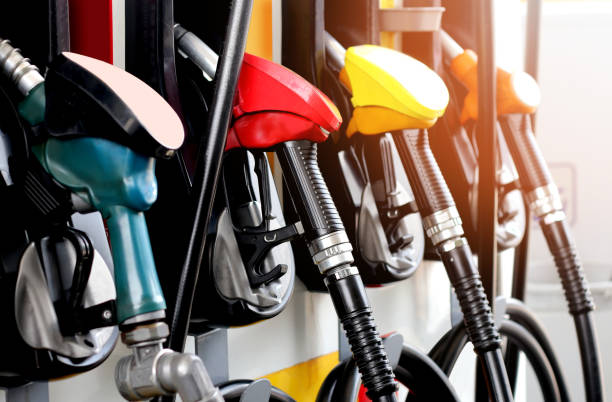Fuel consumers in the Republic of Ghana will be paying between GHS6.88 (1.13 dollars) and GHS7.11(1.17 dollars) for a litre of both petrol and diesel from Saturday, October 16, 2021, energynewsafrica.com can report.
This is per computation by the Association of Oil Marketing Companies (OMCs).
A litre of both petrol and diesel currently sells at GHS6.52.
Last Monday, the National Petroleum Authority (NPA), the downstream petroleum regulator, announced the government’s decision to suspend the Price Stabilization and Recovery Levy (PSRL) one of the tax components making the petroleum price build-up.
This has, however, not been implemented because Ghana’s parliamentarians are currently on recess.
In a statement issued by Mr Kwaku Agyemang- Duah, CEO of Association of Oil Marketing Companies in his response to claims that the removal of the PSRL will drive down the cost of fuel, said the PSRL can only be implemented if the NPA issued a written communication to the OMCs.
As it stands now, that has not been done, meaning that Ghanaians would have to pay for the PSRL until a formal communication from NPA has been done.
Mr Agyemang-Duah noted that the current pricing window ends today, Friday, 15th October 2021.
He continued that the second window of the month starts on Saturday, 16th October 2021.
He said per the AOMC Market Research Index, fuel prices including the current PSRL for petrol will range from GHc6.88 and GHc7.11 and diesel will sell at between GHS6.82 and GHS7.05.
But should the PSRL be suspended as the NPA had said, a litre of petrol would sell at between GHS6.72 and GHS6.95 while diesel would sell at between GHS6.68 Ghs and GHS6.91.
“The public should be reminded that prices of petroleum products are computed by each OMC independently and submitted to the Regulator, as a compliance to the Price Build-Up formula,” he educated.
“We would like to assure our cherished consumers that we will not do anything to compromise the quality and quantity of products dispensed at the pumps or short-change them to supposedly make abnormal profits which invariably do not exist. We have to fully recover our cost,” he concluded.
Source: https://energynewsafrica.com
















